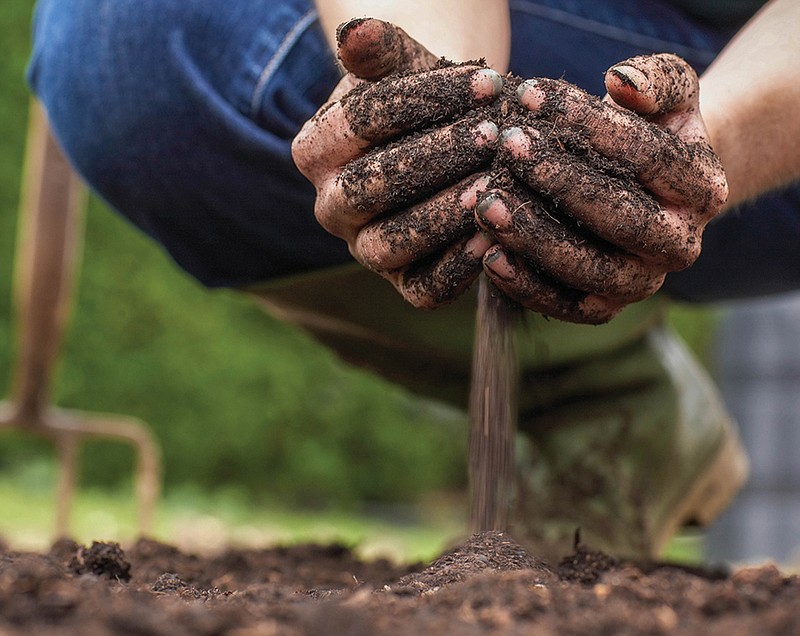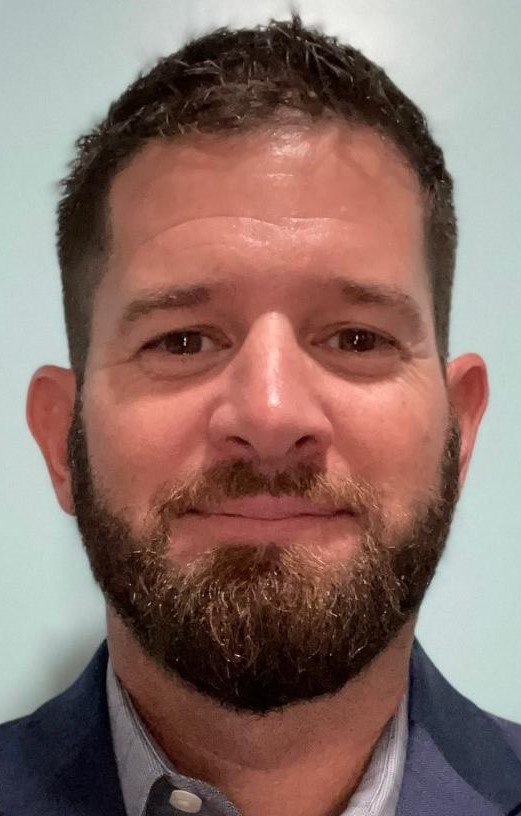Winter months are a time that planning your garden and landscape can take place. Part of that planning should include a soil test.
In Arkansas, routine soil testing is done free of charge provided the soil is from Arkansas and the person submitting the sample is an Arkansas resident. These samples can be collected and brought to your county Cooperative Extension Service Office to be sent off for testing. A soil test is important for several reasons: to optimize crop production; to aid in the diagnosis of plant culture problems; to improve the nutritional balance of the growing media; and to save money and conserve energy by applying only the amount of fertilizer needed.
The results will show measurement of pH and plant available nutrients (potassium and phosphorus). The proper soil pH is necessary to produce a healthy, high-quality, attractive lawn/landscape or a vigorous productive garden spot. Lime is often applied to either one in order to help raise the soil pH near neutral, which increases the availability of most plant nutrients. The first step in liming your spot is to obtain a soil test before applying any nutrients.
To obtain a good representation of your soil, sample areas around shrubs separately from turf. If you have a large lawn or garden, sample areas separately that will be managed differently. Sample each field or management unit separately. If a problem is being diagnosed, take a sample from both normal and abnormal plants for comparison.
Use the following procedure to collect sample:
1. Gently rake aside mulch or surface litter like straw, leaves and old stalks.
2. Take soil with a shovel or trowel from each area to obtain a representative sample. A zigzag sampling pattern is preferred from 12 spots throughout area. Fertilizer and lime recommendations are no better than the sample taken.
3. Sample crop fields to the depth of plowing, usually 6 inches. Take samples in pastures, gardens, lawns, around shrubs and golf courses to a depth of about 4 inches and mature fruit trees at a depth of 12 inches. At each stop, place a small core or strip of soil in a clean bucket or paper bag.
4. Mix soil thoroughly. Discard rocks, gravels and roots.
5. Allow the soil sample to air dry before filling the sample box. Spread the sample on a clean surface in the open. Spreading newspapers or large paper bags on a countertop or workbench works nicely. Do not heat the sample in an oven to speed drying.
6. Remove one pint for the laboratory sample (filling a quart-size zip lock bag will ensure enough soil is provided). Label with the field number name.
7. Take samples to your county Extension agent's office to send to the laboratory. Be prepared to give a short history of each field. A good sample with accurate information will result in a good recommendation.
Your soil tests can serve as a guide for fertilizer practices for the next three or four years. If you have tests over four years old, take samples again for up-to-date recommendations. If using intensive management or producing several crops per year, consider sampling yearly. For information on understanding the numbers on your soil test report, ask your county agent for a copy of FSA2118, "Understanding the Numbers on Your Soil Test Report." This publication can also be found at http://www.uaex.edu under the heading "publications."
4-H information
There are several 4-H clubs for Garland County young people who are 5 to 19 years old. For more information on all the fun 4-H activities that are available, call Carol Ann McAfee at the Extension Office at 501-623-6841 or email her at [email protected].
Master Gardener information
Master Gardener meetings are held on the third Thursday of each month at the Elks Lodge. They're open to the public and guests are welcome. For more information call Luke Duffle at 623-6841 or email him at [email protected].
EHC information
Are you interested in joining an existing Extension Homemakers Club? EHC is the largest volunteer organization in the state. For information about EHC, call Alison Crane at 501-623-6841 or email [email protected].

